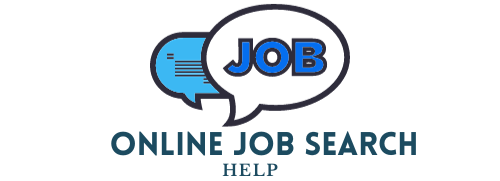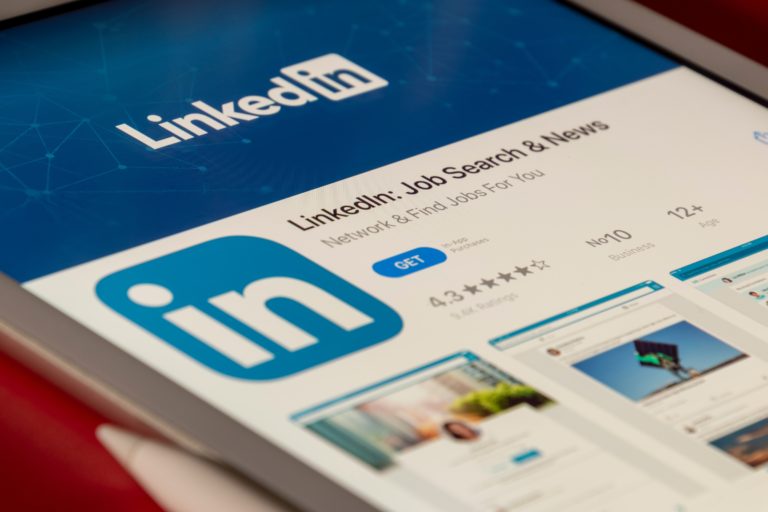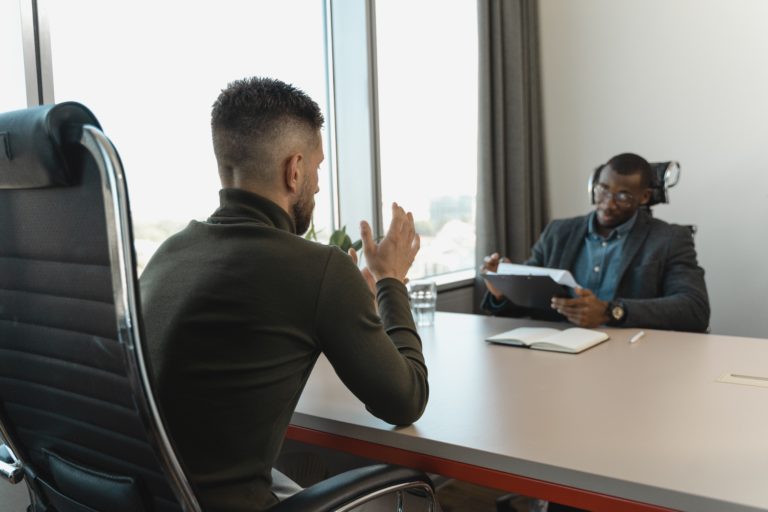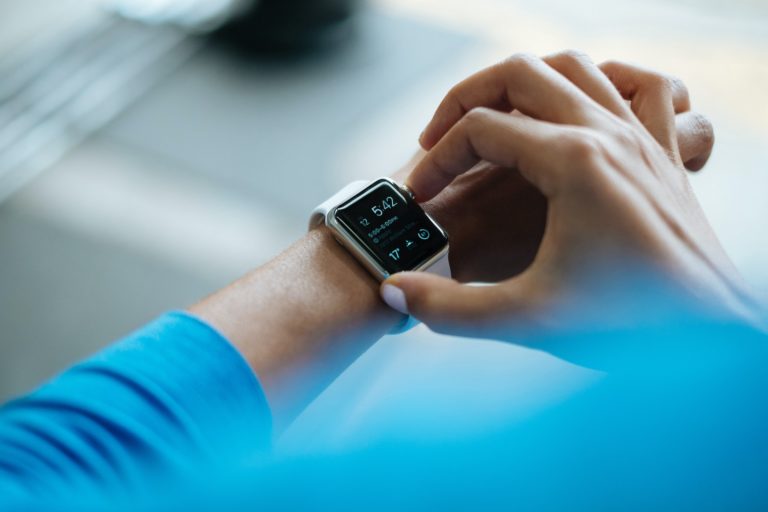What Are The Chances Of Getting Job After Second Interview?
Congratulations if you’ve been invited for a second interview! Chances of getting job after second interview? While each employer is unique, this usually implies that you have chosen for the final stages of the hiring process with a group of prospects they are seriously considering. During the hiring process, you’ll be expected to do things like your homework and make a list of possible questions to ask during an interview. It’s important to know what employers want from your second interview so you can put your best foot forward.
In this article, we will go through what you can expect during your second interview, how to prepare for it, and what you can do to ensure success.
Table of Contents
Second Interview Preparation

Take your game to the next level when you are invited for a second interview. Use what you learned during the first meeting to your advantage. Educate yourself about these topics and come up with talking points if your interviewers discussed specific projects, product ranges, and anticipated growth or difficulties. During the second interview, you should strive to demonstrate that you are prepared to tackle the company’s challenge. Bring your greatest ideas and proposals when you’re in the second interview. Make recommendations and ask questions, essentially acting as though you already have the position and are taking part in a staff meeting. To become included in the picture, use “us” and “we.”
Build Personal Relationships
When you speak again, if there are individuals with whom you click, continue developing those connections. If you meet new people, inquire about them and their work. This method allows you to show how well you would fit in the company, giving others the impression that you are both professional and personable.
Know About Your Interviewers
The names of the individuals interviewing you will be on the agenda for the day. This allows you to do some research on your interviewers, which might come in useful when it comes to planning your conversations. You may be interviewed by the hiring manager, members of your new team, or senior management including executives or founders.
Talk About The Future
A second meeting is all about preparing for the future and making a final agreement. Use forward-looking statements during an interview to demonstrate that you are on board and want the position.
Be honest and straightforward. If you feel that you did not get to emphasize important aspects of your first interview, address them in the second. Bring up any questions or worries you may have as well. It will show that you are taking the position seriously.
Research
In addition to the research you will be doing on your interviewers, this is also the moment to learn everything there is to know about the business. You should find out about the company’s core beliefs and purpose, as well as its commercial operations and any recent news or events. Doing this study will demonstrate your interest and commitment to the company, as well as allow you to see whether they are a good fit for you. Keep in mind that you are both interviewing each other during this process.
Dress Appropriately
In-person or video conference interviews with a second round are occasionally held, so it’s crucial to know what attire to wear to the workplace. To get a feel for the company and what people wear to work, check out their website and social media accounts. As a good practice, try dressing one level above what is considered normal business attire at the firm.
What To Expect In A Second Interview

In a second interview, Chances of getting job after second interview, you should anticipate a more comprehensive discussion about how you’ll perform in the position. By this point, you’ve already had an introduction with the company during an application, phone screen, or initial interview. Your second interview is to cement your eligibility as a strong candidate by demonstrating your experience, talents, and understanding of the company. Depending on where you’re interviewing, a second interview might imply anything. It may indicate that you’re talking with:
- The hiring manager has second-time around
- You will be joining a larger team
- Executive leadership or high-level leadership
The business is looking to fill a need or increase in a certain way, therefore it has an open position. Whether they are looking to hire someone to speed up a process, add particular talents, or boost production, it’s critical to demonstrate how you will contribute value to their company.
A Guide To Landing The Second Interview

Show Excitement
The second interview might take a full day, with numerous individuals from the company participating. It’s critical to maintain your enthusiasm and passion throughout the whole day as each of these individuals will be evaluating you separately.
Be Confident
You should communicate that you are confident and eager for the second interview, both with your body language and voice. When your interviewer enters the room, stand up and greet them with a medium-firm handshake while speaking with a strong voice. While answering questions, keep your feet on the ground or crossed at the ankles, your chin raised, and your shoulders back.
Prepare To Dominate The Conversation
Aside from brief intros and queries from your interviewers, you will be the main speaker throughout the interview especially if you’re not naturally talkative. Prepare for talking by mentally preparing, bringing water or a drink during the interview, and try not to be afraid to take natural pauses during the interview. To gain a few moments to collect your thoughts and take a pause, use, “That’s an excellent question; may I have a minute to think about it?”
Send Thank-You Notes To Each Of Your Interviewers
Send thank-you notes or emails to each of your interviewers as soon after the second meeting is completed as possible. If at all feasible, include points from the discussion in your note to demonstrate that you are interested and care.
Follow Up
At the end of the interview, the recruiters may provide you with a timetable for when they’ll get in touch with you about the next steps. If they don’t, ask them when you will hear back from them. When the time passes, it’s good to follow up and check in to see where things stand. This demonstrates your genuine interest in the position and might offer insight into their progress toward a decision.
Similar Articles







